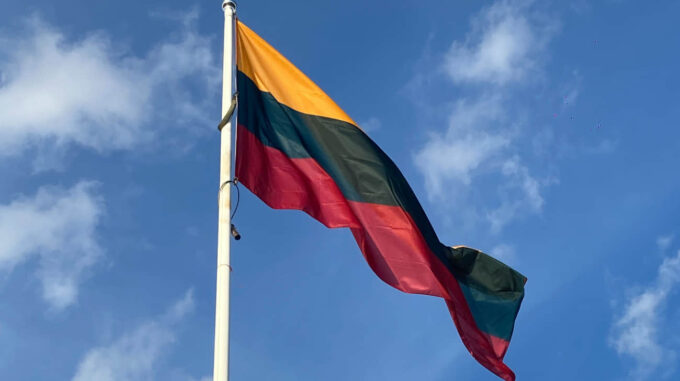Lithuania has simplified the procurement of weapons and military equipment from its Lithuanian manufacturers, as well as taken steps to better support Ukraine’s needs in the military sphere

This is an important government decision aimed not only at speeding up the process of supplying defense products but also at creating more favorable conditions for the development of the local defense industry. Changes in procurement legislation were announced by the Lithuanian Ministry of Defense and are already gaining momentum. They envisage excluding certain procedures—traditionally governed by laws on public procurement in the defense and security sector—for direct supplies of key equipment from Lithuanian producers: drones, counter-drone systems, optical equipment, and laser sights. This means that Lithuanian manufacturers will have the opportunity to receive government contracts more quickly and without bureaucratic barriers to meet their own needs, as well as supplies to Ukraine, which is actively seeking modern weaponry. The Lithuanian Ministry of Defense emphasized in its statement that the main goal of these procurement measures is to equip the armed forces of both Lithuania and Ukraine with modern military equipment, manufactured or fully assembled in Lithuania. This aims to enhance the national defense industry and foster technological development within the country. According to LRT, following the adoption of these innovations, the Lithuanian government plans to spend approximately 12 million euros in 2024 on counter-UAV systems, which has become especially relevant amid modern quarantine and reconnaissance technologies. An additional 9 million euros are planned for high-precision optical systems to improve targeting efficiency, and 1.5 million euros for laser target designators capable of increasing firing accuracy in combat situations. The Lithuanian Ministry of Defense seeks to encourage domestic manufacturers to develop advanced technical capabilities, particularly in the field of unmanned aerial vehicles (UAVs). It is planned that by 2027, the Lithuanian Armed Forces will be able to operate fully functional UAVs that meet modern standards and can effectively perform a wide range of combat tasks. These steps take place against the backdrop of broader plans to strengthen the country’s defense capacity. In January this year, the Lithuanian Defense Council approved a strategy for significant investment in the military sector—in which the country aims to allocate between 5 and 6 percent of its gross domestic product (GDP), approximately 12 billion euros, over the next five years. Such funding will allow for substantial reinforcement of the defense potential and modernization of the army. Lithuanian Prime Minister Gintautas Paluckas emphasized that by 2026, the country plans to spend 5.25% of GDP on defense. This ambitious course is aimed at creating a modern, mobile, and high-tech army capable of responding to contemporary challenges and playing an active role in regional security. Thus, Lithuania demonstrates a resolute stance in resisting aggression, while simultaneously promoting the development of its own defense technologies and supporting Ukraine’s sovereignty in its fight for independence and security. These steps underscore the country’s growing role in the European and global security systems, enhancing its ability to respond to modern challenges and support allies in critical defense initiatives.

